Use the same email you used to make payment for membership
Not yet registered? Sign up using the same email you used to make payment for membership
By using this application, you agree to the Terms of use and Privacy policy


Not yet registered? Sign up using the same email you used to make payment for membership
By using this application, you agree to the Terms of use and Privacy policy